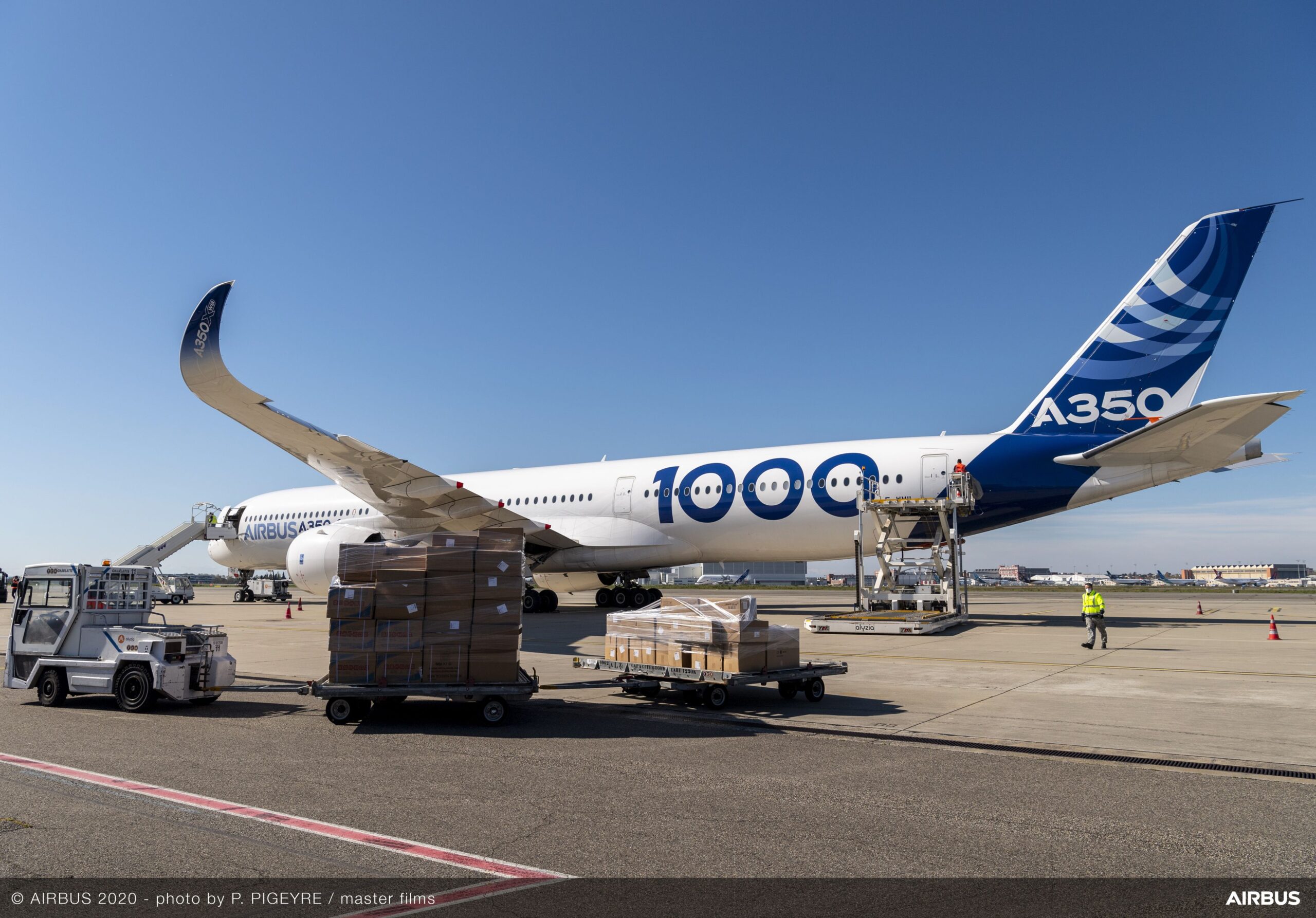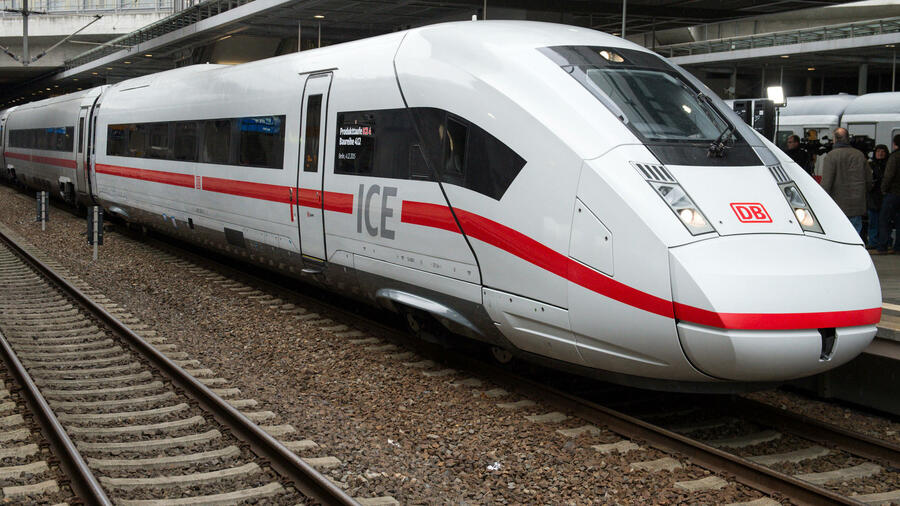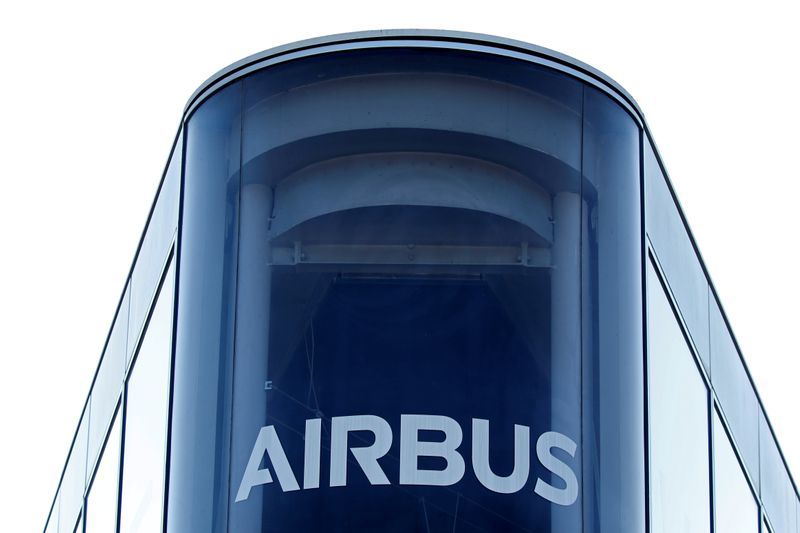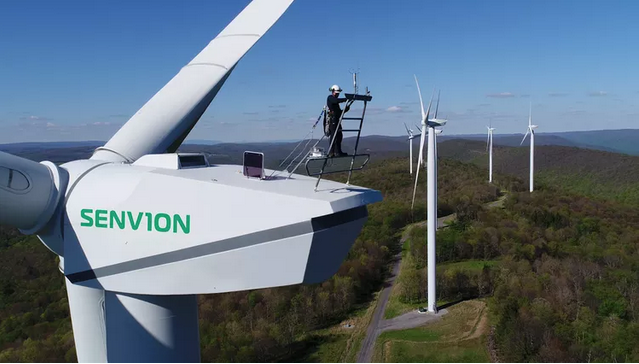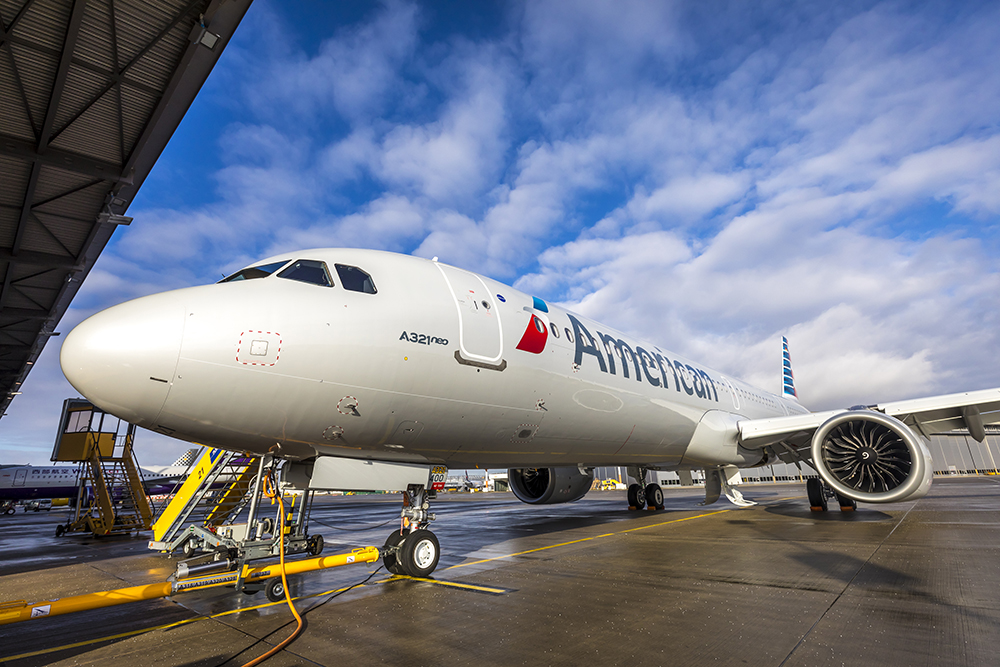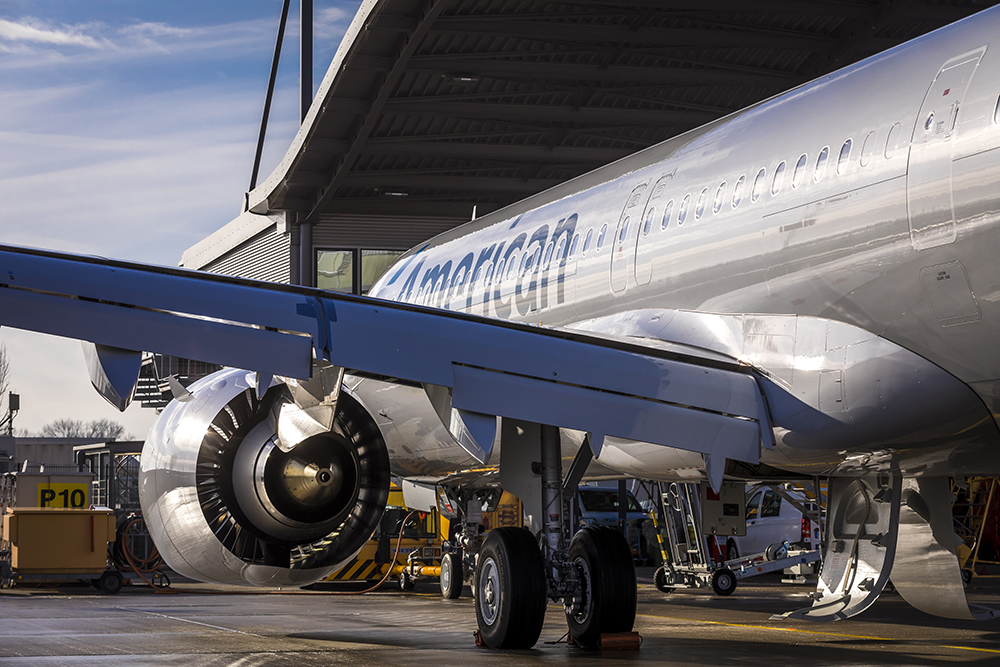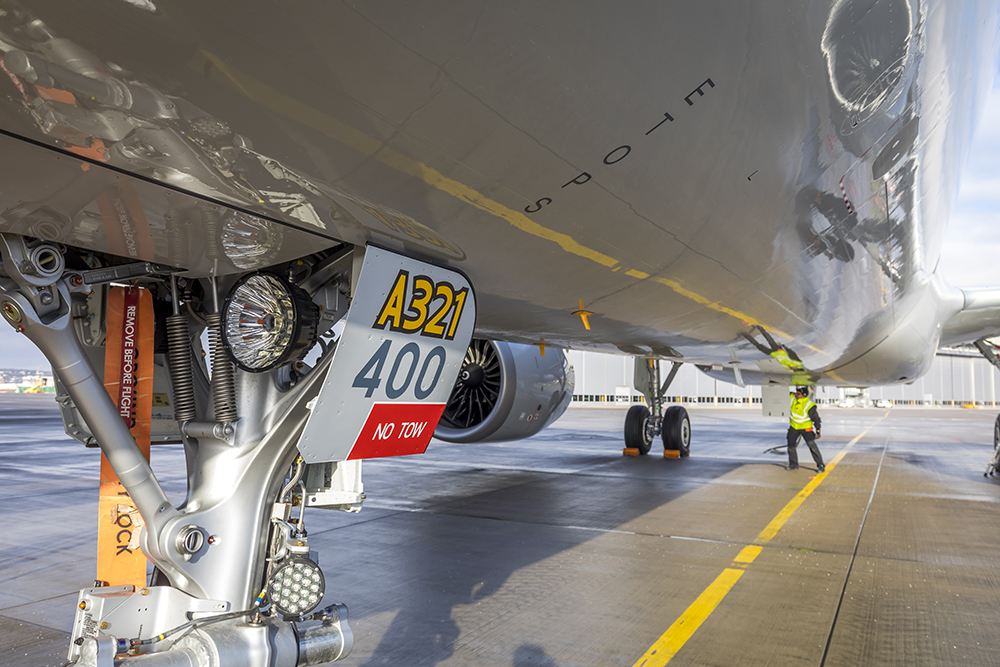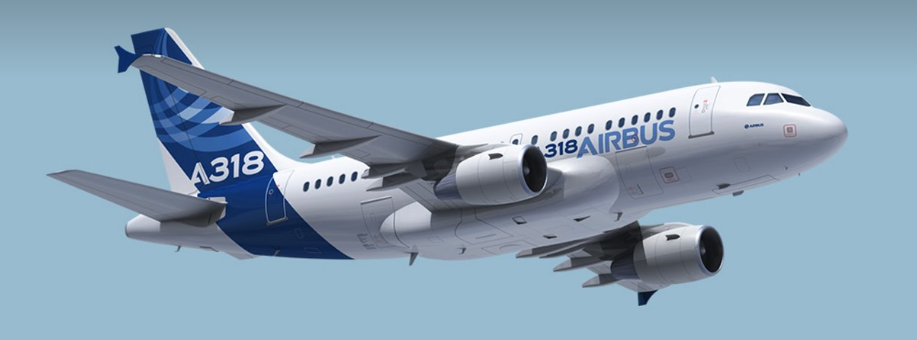
Airbus continues to purchase and supply millions of face masks from China, the large majority of which will be donated to governments of the Airbus home countries, namely France, Germany, Spain and the UK.
An Airbus flight test crew has just completed its latest mission with an A350-1000 test aircraft. This is the third of such missions between Europe and China. The aircraft returned to France with a cargo of 4 million face masks on Sunday 5 April.
The A350-1000 left Toulouse, France, on Friday 3 April, reaching the Airbus site in Tianjin, China on 4 April and returning to Hamburg the same day.
Since mid-March, the previous two missions were performed by an A330-800 and an A330 Multi-Role Tanker Transport (MRTT). Airbus also deployed an A400M and its Beluga fleet to transport shipments of masks between its European sites, in France, Germany, the UK and Spain.
Airbus will continue to support the fight against the Coronavirus pandemic wherever possible.
“I would like to pay tribute to all the Airbus teams, globally, supporting the fight against COVID-19. They’re living our values in assisting those who are saving lives every day”, said Guillaume Faury, Airbus CEO. “
Airbus is focused on the health and safety of its employees and supporting its customers and the industry eco-system with business continuity. At the same time Airbus is contributing to many vital public and private services and working with partners who rely on aircraft, helicopters, space and security solutions to carry out life-saving missions in support of the global pandemic.
Airbus is deploying its employees, their expertise and know-how and leveraging technology in this fight against the COVID-19 pandemic, for example in designing and manufacturing ventilators and 3D printed visors which are critical resources for hospitals.
The Company is partnering with other organisations in unprecedented ways to achieve this goal as fast as possible.

